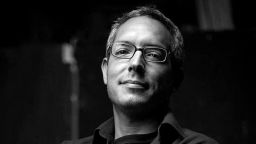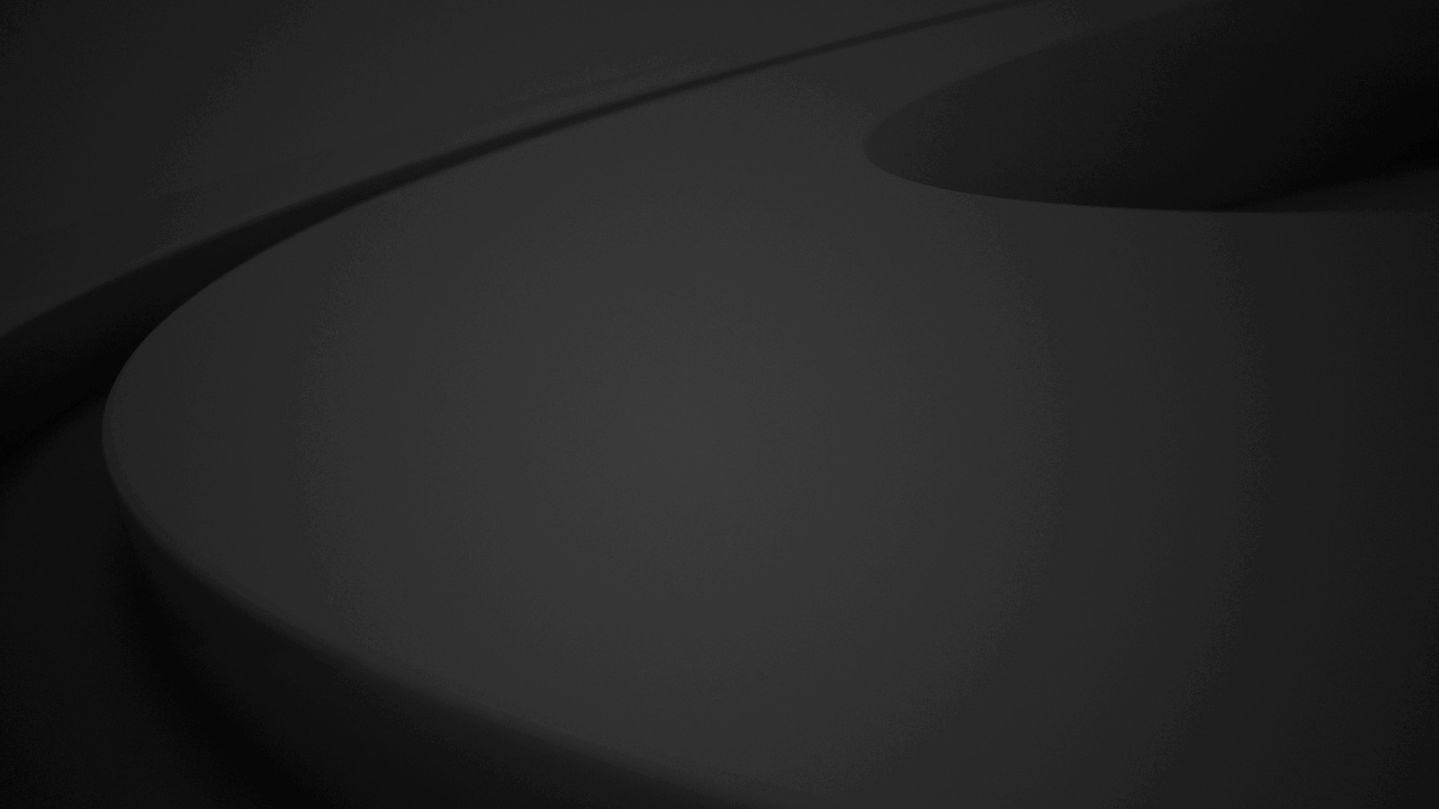Story highlights
Fabio Cuttica spent almost a week last year with FARC rebels in Colombia
Colombians rejected a peace deal this week that would have ended the war
Fabio Cuttica waited days to journey into the jungle.
A military operation there forced him to postpone his plans. And once he set out on the trip, he had to leave his cell phone behind so no one would follow him.
It was difficult to reach the remote rebel camp in eastern Colombia, but for Cuttica, it was worth the wait.
“They have a rhythm that’s completely different from ours. Communication, everything moves more slowly in the jungle,” he said. “You have to be very patient.”
The 43-year-old photographer spent almost a week last year inside a FARC camp, documenting the guerrillas’ lives.
While he was there, negotiators in Havana, Cuba, were trying to hash out a deal between the Colombian government and FARC to end Latin America’s longest war. The agreement fell through this week after Colombians voted against it in a national referendum. Now officials are back at the negotiating table, and it’s unclear what will happen next.

Seeing a FARC camp up close showed Cuttica things he hadn’t expected. Many of the fighters were women, many of them were young, and daily routines were regimented.
“Everything is very organized … from the most basic to the most complicated things,” he said.
The images Cuttica captured show stark contrasts in camp life. In one photo, rebels exercise with rifles above their head. Another shows personal items from a guerrilla fighter’s backpack: Books about resistance and living in hiding sit beside a watch and a bottle of nail polish.
The trip came at a unique time in Cuttica’s life, just days after his daughter’s birth. When the rebels learned about his newborn daughter, many of them shared details about their own families – opening up about children and parents left behind.
With negotiations ongoing, he says, many of the fighters were studying and trying to prepare for their next steps, hoping that a deal would pave the way for them to return to life as civilians.
“They were all very excited to leave this situation. I saw in them a hope of getting out and doing very simple things,” he said.
Nearly a year later, Cuttica says, the future is unclear.
“Now more than ever we are in a moment of uncertainty,” he said. “We don’t know what is going to happen.”
Cuttica says he hopes his images from the FARC camp will make people think about the future they want for Colombia.
“I search for stories and tell them in an honest way,” he said. “I simply want people to question themselves.”
Fabio Cuttica is a photographer based in Bogota, Colombia. He is represented by Contrasto. You can follow him on Facebook.


















